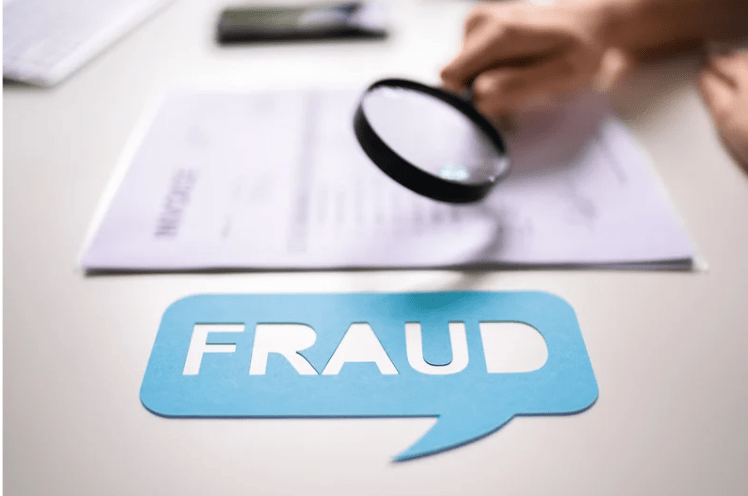
Table Of Contents
Most Frequently Asked Questions about VA Sleep Apnea Claims
– Donnel Beckles, Managing VA Advocate, Veterans Help Group
Donnel Beckles is a top Veterans Advocate and a member of the National Organization for Veterans Advocates. Donnel is accredited to practice VA law by the Department of Veterans Affairs. He has put his wealth of knowledge and expertise in VA disability law to work for thousands of disabled veterans and their survivors.
Donnel shares some of his knowledge below with the most frequently asked questions about VA sleep apnea claims:
According to the VA’s 2022 Annual Benefits Report, sleep apnea is one of the most common conditions veterans receive disability benefits for. In 2022, more than 500,000 veterans and more than 280,000 non-deployed GWOT personnel received VA disability benefits in connection with this condition. Gulf War veterans seem more likely to experience this condition, though a connection has not yet been conclusively identified.
If you’re a veteran suffering from this condition, you likely have questions about when and how you can receive veterans disability benefits. The best source of information is an experienced VA disability benefits advocate. While you’re waiting for your free consultation, here are the answers to some of the most commonly asked questions.
FAQs about VA Benefits for Sleep Apnea
What is Sleep Apnea?
Sleep apnea is a condition that causes breathing to stop and start repeatedly during sleep. There are three different types of sleep apnea: obstructive sleep apnea, central sleep apnea, and complex (mixed) sleep apnea. Any of the three may potentially qualify a veteran for VA disability benefits.
How Can Sleep Apnea Be Service-Connected?
The first step is a diagnosis of the condition. The VA requires diagnosis through a sleep study. A service connection can be established by showing that the condition started during military service or establishing a nexus with an event or exposure that occurred during military service. This condition may also be a secondary service-connected condition.
Is Sleep Apnea Presumptively Service Connected?
Currently, sleep apnea is not listed as a presumptive service connection. However, there is evidence of a connection between toxins in the air and sleep apnea. That means service members who were exposed to burn pits or other toxins may be able to establish a service connection for this condition. However, since there is no presumption, the veteran must establish the connection through evidence such as a nexus letter.
When May Sleep Apnea Be a Secondary-Connected Condition?
Sleep apnea has been connected with several different medical conditions, including asthma, traumatic brain injury (TBI), and cervical spinal injuries. To establish a secondary service connection, the veteran must first establish a service connection for the primary condition, then establish that the secondary condition is tied to the primary condition. Proving this connection can be a challenge, so it’s best to work with an experienced veterans benefits advocate.
What Disability Ratings Are Possible for Sleep Apnea?
A veteran diagnosed with this condition may be assigned a disability rating of 0, 30, 50, or 100, as follows:
- 100% if the veteran suffers from chronic respiratory failure with carbon dioxide retention or cor pulmonale, or requires tracheostomy.
- 50% if the veteran requires the use of a breathing assistance devices such as a continuous airway pressure (CPAP) device.
- 30% if the veteran experiences persistent daytime hypersomnolence.
- 0% if the veteran has a diagnosis of sleep apnea but is asymptomatic.
How Can I Protect My VA Disability Claim for Sleep Apnea?
Making sure that applications are completed correctly and that the right supporting evidence is included can be complicated. That’s especially true when there is no presumptive service connection and the burden is on the veteran to establish a service connection.
Working with an experienced veterans disability benefits advocate can help ensure that your application is thorough and accurate, and help you avoid mistakes that could delay or reduce your benefits.
While proving a VA claim can be overwhelming, our knowledgeable advocates know what to look for and how to support your claim. For example, because of our experience in the area, our advocates know that one of the best ways to establish a service connection is if the client is able to provide a name of a buddy in service who slept next to our client and can testify as to any of the typical symptoms. Thus, when building the case for one of our clients, our advocates learned the name and phone number of one of our client’s bunk-mates, called, and obtained a statement. This bunkmate explained that the client was an incredibly loud snorer on the ship demonstrating our client’s service connection. Because we were able to submit the bunkmate’s statement with the brief, the Board granted service connection for the condition citing the buddy statement as the reason.
To learn more about how Veterans Help Group can help you, call 855-855-8992 right now, or contact us here.
For more than a decade, Donnel Beckles has been a leading voice for those seeking disability benefits from the Department of Veterans Affairs. Since 2016, he has led Veterans Help Group, one of the most successful VA disability advocacy organizations in the United States. He has helped veterans and their dependents secure tens of millions of dollars in benefits.

Sleep Apnea – What to Know If You Were Exposed to Burn Pits
Sleep Apnea - What to Know If You Were Exposed to Burn Pits Recently, the passage of the PACT Act...

Is My VA Disability Considered Income?
Is My VA Disability Considered Income? Disabled veterans benefits can provide a critical source of...

VA Caregiver Support Program: What Veterans and Families Should Know
VA Caregiver Support Program: What Veterans and Families Should Know Written by Adam Zider: Senior...





